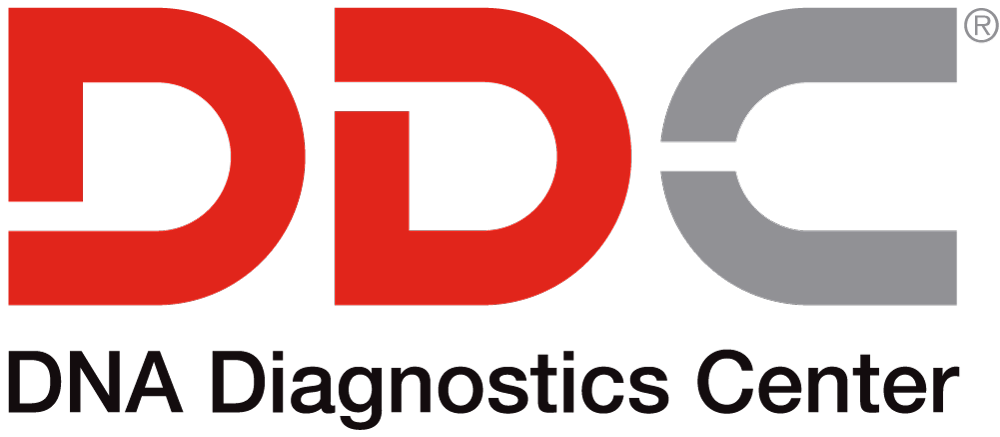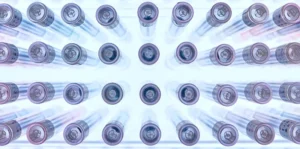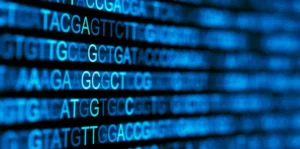JUNE 11, 2014
DNA Testing Around the World
Access to DNA practices has traditionally been limited to those in scientific disciplines. Today, genetic code data are being incorporated into law enforcement, commercial testing services and online ancestral databases.
Today, many individuals and organizations have direct access to DNA testing. Laboratories, educational institutions, and governments worldwide are storing genetic profiles, and many wonder about privacy and security. If Edward Snowden could leak NSA information about U.S. surveillance programs, some wonder about the vulnerability of one’s own genetic information.
Countries around the world have extensive DNA programs. According to the 2008 INTERPOL Global DNA Profiling Survey, 120 countries included DNA profiling in their criminal investigations, while 54 maintained national DNA databases. Legislation has been passed in 28 of these countries. In the United States, the FBI now maintains a database of 11 million criminals and suspects. Until recently, police in Britain had seven million samples of DNA. A European Union court ruling meant they had to trim this collection significantly. Still, many forms of genetic testing are being rapidly implemented and accepted around the world.
How DNA Testing Is Being Used – Law Enforcement
The general public is accustomed to hearing about tests to determine familial relationships through DNA paternity testing. Collecting genetic material, however, is done for many other reasons including fighting crime and terrorism. This is occurs in countries around the globe.
United States: The biggest database of human DNA samples is contained in the FBI’s Combined DNA Index System, CODIS. Storing the genetic information of over 11 million criminals and suspects, CODIS is here to stay. The U.S. Supreme Court has ruled police can take samples from arrestees, even without a warrant. While divided, the decision was supported by one Justice who compared DNA sampling to fingerprinting procedures. The FBI’s system is now used by 34 different countries.
Great Britain: Until recently, the country held the samples of nearly seven million people, accounting for 10% of the population. Six million of them were incinerated amidst privacy concerns and passing of the Protection of Freedoms Act, encouraged by legal decisions. This legislation prompted the government to eliminate DNA samples from people who committed minor offenses. In addition, samples must now be destroyed after six months.
Brazil: In 2012, it became law for DNA from convicted criminals to be part of a national database. Genetic profiles can now be used as evidence in unsolved violent crimes.
New Zealand: In 1996, the country established the second national DNA databank in the world, after the UK. It incorporates a Crime Sample Database and a National DNA Database. A state-of-the-art datacenter with filtered air, pressurized work areas, and facilities to process crime, reference, and databank samples was built in 2002.
In addition to the U.S. and Canada, INTERPOL has listed Canada, China, Germany, France, and Australia as having national police DNA databases. Countries as distant as Brazil and Botswana do as well, as does most of Europe. India has also expressed interest in the field.
Additional Uses
In addition to crime fighting, the UK uses DNA as part of a secret counterterrorism database. Samples from arrests, questionings at ports and borders, and searches are stored. Agencies say these are tightly regulated and safely maintained.
Protection of Forensics Investigators
The International Commission on Missing Persons was created in 1996 by President Bill Clinton to urge government cooperation in finding people who went missing in armed conflicts. Today, its purpose has shifted into working with DNA samples to identify large numbers of persons missing from armed conflict. The organization has developed a database of nearly 100,000 samples from relatives of almost 30,000 missing people from conflicts.
Using DNA in mass identification has transformed ICMP into the biggest DNA identification program in the world. The commission’s Online DNA Elimination Database is a searchable resource used by those working in DNA paternity testing, forensics investigations and similar areas.
Universal Regulation and Best Practices
As DNA testing becomes accepted worldwide, there are unifying policies emerging. The INTERPOL Handbook on DNA Data Exchange and Practice details the latest standards, techniques, and applications in DNA profiling for countries and agencies around the world. Use cases, available tools, training, applications, quality assurance, and potential are covered. The document also addresses the need to fight crime at the international level and provides the latest information as criminal tactics and technologies change. The closest thing to universal regulation, the handbook is used by all countries maintaining a national genetic database.It was last revised in 2009, however.
DNA testing has evidently become a worldwide phenomenon as its potential is far-reaching. Criminals and terrorists have become more tech-oriented. Genetic testing helps identify, protect, and assist ordinary people while using the single most unique part of a person – their DNA.
About DNA Diagnostics Center (DDC)
DNA Diagnostic Center is the world leader in paternity and relationship testing. We serve healthcare professionals, government agencies, and individuals around the world to determine family relationships with trusted accuracy.
More Questions? Don’t hesitate to call us: we’re here to help!
CALL NOW